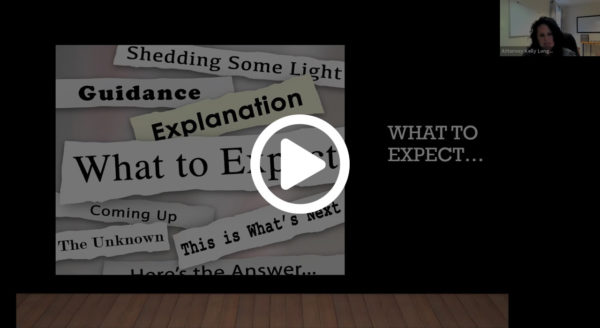Sharing your estate plan with your loved ones can compromise the privacy of your financial and personal information. Some people therefore prefer to keep these matters private, especially when it comes to distributions of significant amounts of money or property. There are both advantages and disadvantages to revealing private information related to your estate plan. You can choose to communicate details relevant to specific individuals or offer a broader explanation to everyone involved.
Estate Plans Are Not Set in Stone
In most circumstances, you have the legal right to change or update estate planning documents such as your will, trust, or beneficiary designations whenever you like, so long as you are mentally capable of doing so. Over time, your financial situation, family structure, or personal goals may change, prompting adjustments to your estate plan. Sharing your plan with loved ones today might create expectations, leading to confusion if you make changes later that affect their inheritance or role in handling your affairs. When loved ones anticipate different outcomes, it can result in temporary disputes or permanently strained relationships.
If you choose to discuss your current estate plan and make changes in the future, ensure the appropriate people are updated of the changes. Loved ones who are unaware can be caught off guard, creating conflicts during the administration phase.
Emotions and Disappointments
Sharing your estate plan may lead to disappointment among your loved ones. When a loved one is upset about the way you have structured your plan, their unhappiness can create emotional strain between you.
In some cases, sharing an estate plan can bring unresolved issues to the surface. When family dynamics are complex or strained, it can exacerbate the situation. Loved ones may have differing opinions about your choices, and these conflicts require difficult conversations to understand their concerns and work toward resolutions. This can be emotionally draining and time-consuming.
Knowing that your loved ones are upset can also disrupt healthy communication. They may be hesitant to express their concerns or objections, fearing that it could lead to further problems. This can also hinder your estate planning decisions. If this happens, you can work with a qualified estate planning attorney or mediator to help guide productive discussions among your loved ones.
Manipulation Tactics
Your loved ones may express their opinions or desires regarding your estate plan and try to pressure you to make changes that you may not necessarily agree with. While it might be important to you that you consider their input, it can be tough to balance their wishes with your own, especially if you have specific reasons for your chosen plan.
They may use guilt, emotional appeals, or even threaten to cut ties with you if you do not modify your estate plan for them. You may feel significant pressure, particularly if you have a close or dependent relationship with the person trying to influence your decisions.
Attempts to manipulate your estate planning decisions can challenge your autonomy and the principles behind your estate planning goals. Your estate plan should reflect your own values and wishes, and you should make decisions based on what you believe is fair. Stand firm in your decisions and maintain the integrity of your estate plan.
Boundaries must be set with your loved ones to protect your own wishes and well-being. If you are influenced by emotional manipulation, it can lead to regrets and raise complex legal and ethical issues with the validity of your legal documents. It may be necessary to consult with an attorney or mediator to determine the best course of action.
Doing What Is Best for You and Your Loved Ones
Sharing your estate planning details with loved ones can offer several advantages, such as transparency and a smoother transition when you die or are unable to manage your own affairs. However, there are potential downsides, including possible disagreements between family members and pressure to change your plan. The decision to share your estate plan should be made carefully, taking into account your specific objectives and family dynamics.
We can help ensure that your plan aligns with your goals and discuss with you the potential consequences of sharing your plan details with loved ones. Contact our estate planning attorneys today.

